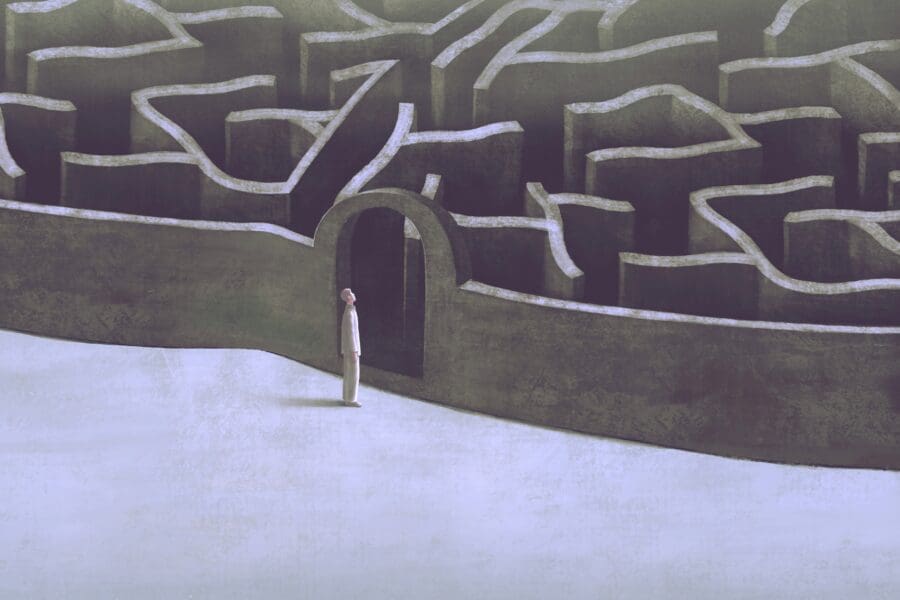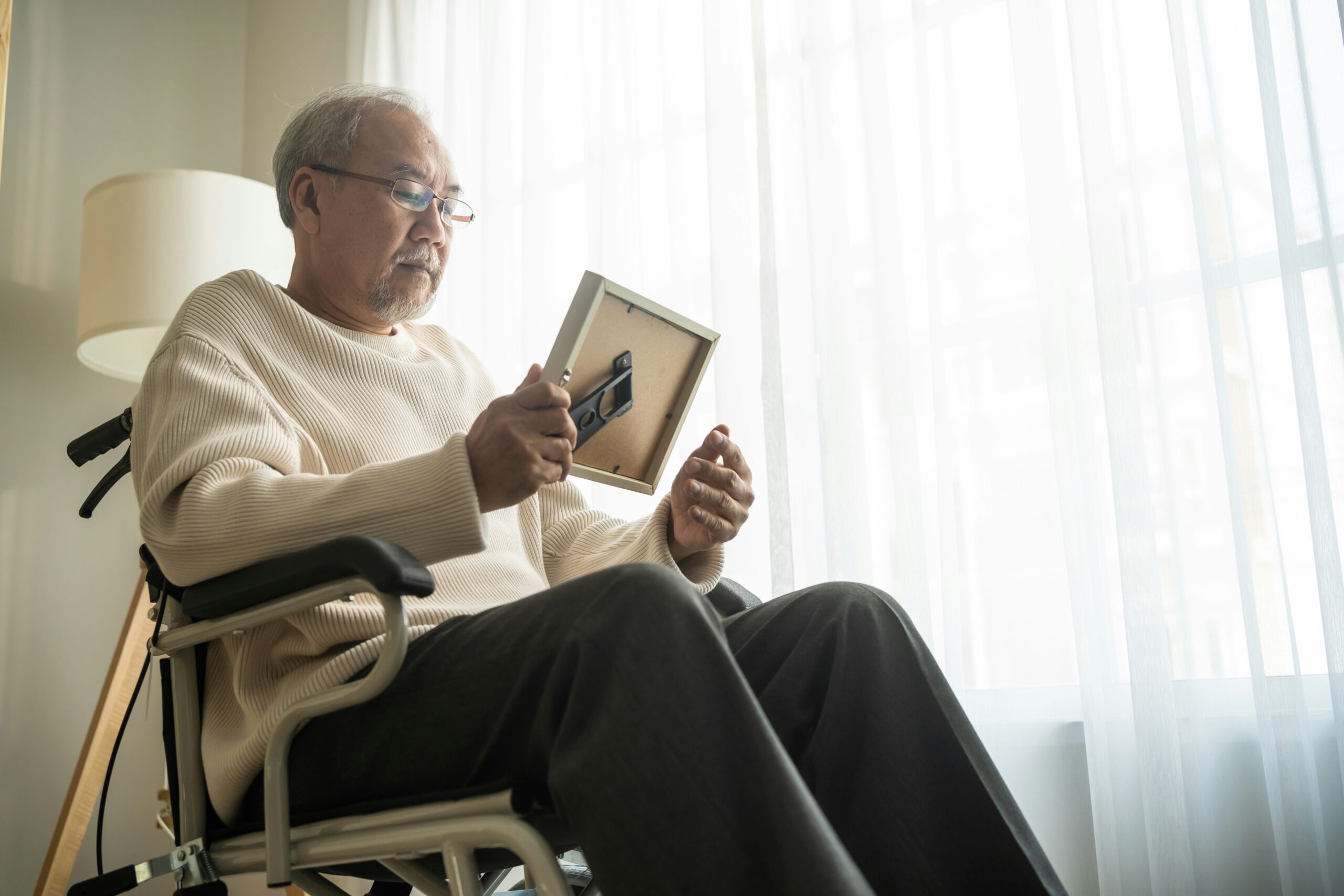I began my career in social services in 1997, working in Edinburgh with people who were living with HIV/AIDS. At that time, Edinburgh was Europe’s “AIDS Capital.” Bereavement was a daily event. I recall that frontline workers were attending a client’s or a friend’s funeral every week.
We received some professional training in this area, and much later in my career, I completed two more intensive advanced courses in bereavement counselling as part of my post-graduate studies. By then most of my caseload consisted of very vulnerable people – most were battling chronic addictions, profound mental health issues, and homelessness, so sudden deaths were frequent. Often, those they left behind had few coping skills of their own, and little personal support, so it was up to case managers to help them navigate a way forward.
It was while working in aged care that I encountered the phenomenon of “double bereavement.” While I was consulting with the families of clients with dementia, and talking them through the processes and stages, up to their relative’s death, many would often say to me: “It’s been like losing them twice.”
The gradual disintegration of a family member’s personality was often more challenging and emotionally distressing than their eventual death; those left behind just seemed to have nothing to hang their grief on – their loved one had already “gone” a long time ago. Within a professional context this was a complex and challenging situation. But then it suddenly became personal.
I was living in Australia, and maintained daily contact with my parents in the UK because they were in their late 70s, and each had health conditions that required monitoring. I liaised with the professionals on board and managed their home care plan. My mother began to complain about my father’s behaviour: normally a gentle, easy-going, good-humoured man, my father’s temper would flare suddenly, and he would become obsessive and paranoid.
Once, on a routine errand, he became hopelessly lost. He was gone for hours. He had driven “home” to a house that he and my mother lived in more than twenty years before. The owner called the police: “There’s an elderly gentleman banging on my door, he’s very intimidating, and he’s demanding to know what I am doing in his house.” The police were wonderfully understanding. They had a constable drive his car back, and they accompanied him home, ringing my mother to let her know what was happening. She called me immediately, and I flew to the UK within days.
My father’s behaviour began to alarm me. He would refuse to wash, shave, or dress some days, and he would sit around the house in his underwear. He would either ver-eat, or starve himself. My father had been a professional soldier for many years, and he was always immaculately turned out, so this was very out of character.
When he went out on his own, he would withdraw large sums of money from the bank, in cash, and then hide it. I found thousands of pounds in neat bundles, stashed around their flat. He accidentally over-dosed on strong painkillers a few times, because he forgot that he had taken them. He constantly emptied drawers and cupboards, eternally “searching for something.” Most distressing was his raw emotion; at times he would weep like a child.
I suspected dementia, and I took him to his GP, where a routine test confirmed significant cognitive decline. More specialized testing at the hospital revealed vascular dementia that was already advanced. My mother was unable to care for him safely at home, so arranging residential care for my father was the next step. And this is when I began to feel that “double bereavement” kick in.
The traces of him that remained seemed to be enhanced: as if his real self was fighting through dense fog to reach us. I recalled the case meetings I had conducted with relatives of my clients in care homes – probing to find out a little more about the personality and life story of the clients, so that we could reach in and shine a light on something familiar to them – something that would touch the person they were.
We had an amazing breakthrough with a woman who would become very uncooperative and distressed at night when care staff tried to change her bed linen, because of her incontinence. When I discovered that she had been head of housekeeping in a large hotel for over thirty years, I asked her to assist the carers one night with the linen changes – to “show them how to do it properly.” She readily retrieved her old skills, and thenceforth would “instruct” the staff, showing them how to remake her bed “properly.” She also started to enjoy following them on rounds, helping them to strip and remake the beds of other people in her unit.
My father’s behaviour deteriorated significantly when he went into residential care – violent outbursts, lashing out suddenly. He was a bull of a man, and there was the threat of heavy sedation and internment in a psycho-geriatric unit if he did not “improve.” I believe that this was a lazy way to deal with his changing personality. So, I insisted on changes to his medication to see if that would help. With his GP’s cooperation, and a change of medication, in a new care home, he improved significantly and remarkably quickly.
His personal carers were keen to know all about his life, so we placed many family photos around his room and told them about my father’s life. One male carer who saw the portrait of my dad in his Guards uniform started to call him “Captain Billy” and he would salute him in the morning when he went in to dress him. The result was magical! The salute would be returned smartly, and the morning routine was no longer a battleground! And that, I believe, is the difference that personal-centred care makes.
No amount of “best practise” and policy can reach the hearts of people who have lost themselves in the fog of dementia. And for the bereaved, they need to be able to grieve for the person they remember, as well as the shadow person they became.








Leave a Comment